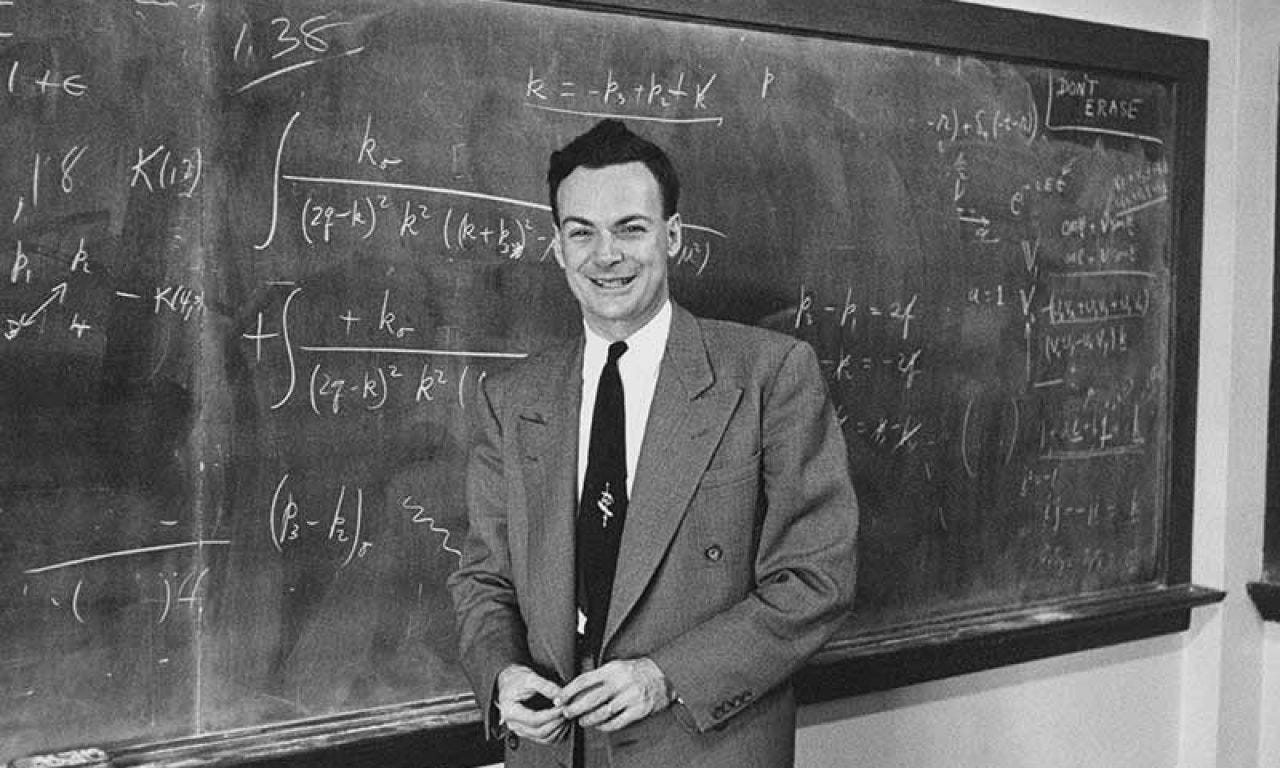How Richard Feynman Worked
The art of simplicity
Richard P. Feynman was arguably one of the most brilliant, iconoclastic and influential minds of the post-war generation. Albert Einstein attended Feynman’s first talk as a graduate student, and Bill Gates was so inspired by his pedagogy that he called Feynman, “the greatest teacher I never had.” His work helping understand the interaction of light and matter earned him a Nobel Prize in 1965.
Known for his knack of combining different strands of knowledge and explaining complex concepts with wit and clarity, Feynman redefined how people thought about physics. When he wasn’t researching particle physics, he was writing, dabbling in the arts, sketching or playing the bongo.
Cornell University Professor Samuel Bacharach shared five elements of Feynman’s productivity and creativity.
First, don’t worry about perceptions. Feynman was motivated by the discovery of the truth. Other people’s opinion didn’t distract him. It is worth noting that he was immensely popular with most his students and peers. It seems like the less he cared about perceptions, the more favorably he was perceived.
Second, don’t think about what you want to be. Think about what you want to do.
“Fall in love with some activity, and do it!” Feynman advised. “Nobody ever figures out what life is all about, and it doesn't matter. Explore the world. Nearly everything is really interesting if you go into it deeply enough. Work as hard and as much as you want to on the things you like to do the best. Don't think about what you want to be, but what you want to do. Keep up some kind of a minimum with other things so that society doesn't stop you from doing anything at all.”
The larger lesson I took from this quote was that one should spend far more time on input than on musings about outcomes that are in many cases beyond our control.



